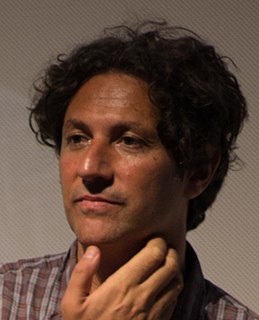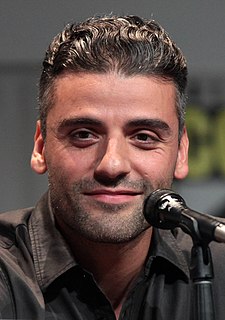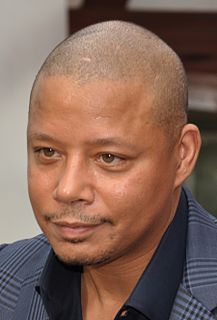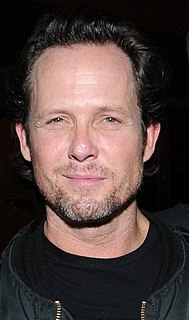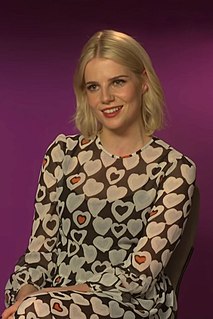A Quote by Jonathan Glazer
When you're making the film, you don't really think the audience; it's only when you start editing that you really start to became aware of your audience because you're thinking of how you communicate these ideas, and how lucid can you be, and yet stay within the language you've established.
Related Quotes
You're in a movie, so you have to think about how something plays. It's not like you're thinking about how an audience is going to react. You're trying to present the story. You're trying to illuminate the lives of these people in the story. So I'm thinking about how my behavior as this character best illuminates what's going on with them in this moment in time. I always say it's sort of the director's job. People think that the directors direct actors. No. Really, what the director's doing is directing the audience's eye through the film.
When I signed with Scooter Braun and I decided to go overseas to promote my song, the only concern was how should I communicate with the public and the audience with my language. Scooter and I talked a lot about that: should we translate or not? Finally we didn't, and I think that was a really good decision.
I always encourage people to start in their own personal universe, because sometimes we as parents start thinking about the big picture. How do I change what's happening in my entire school? And how do I do it in my community? And then you get overwhelmed and it's just like, "Forget it, I'll just stay here in my kitchen and wait." But, start small.
If an audience finds themselves paying attention to how you made your film, you're sunk because that means they're unplugged from your story. What matters is what's unfolding on the screen, not how you put it there. It doesn't matter if it's red triangles or million dollar software if the audience doesn't care.
When someone says "that resonates with me" what they are saying is "I agree with you" or "I align with you." Once your ideas resonate with an audience, they will change. But, the only way to have true resonance is to understand the ones with whom you are trying to resonate. You need to spend time thinking about your audience. What unites them, what incites them? Think about your audience and what's on their mind before you begin building your presentation. It will help you identify beliefs and behavior in your audience that you can connect with. Resonate with.
I think the biggest challenge was being aware of a certain audience that was going to see this film [lone survivor]. There's a big difference from a typical movie, journalists and critics and film goers that go see it find that, that's the general experience you have as a filmmaker. So that just kind of proves my point that there's a really different audience.
You can make a film in a way that, when the audience leaves the theater, they leave with certain answers in their head. But when you leave them with answers, you interrupt the process of thinking. If, instead, you raise questions about the themes and the story, this means that the audience is on its way to start thinking.
